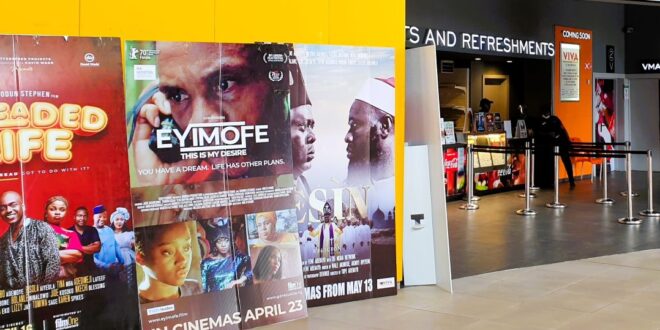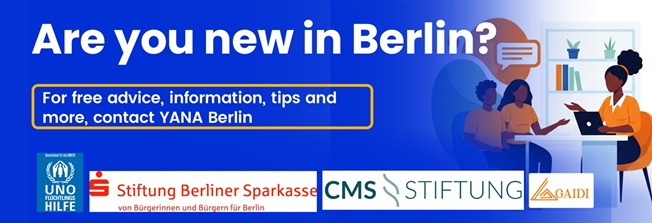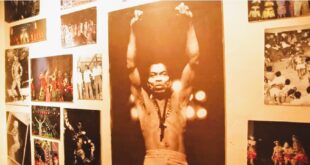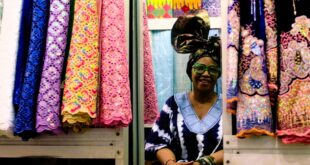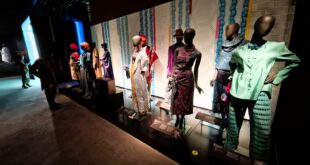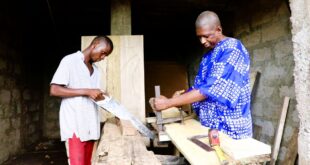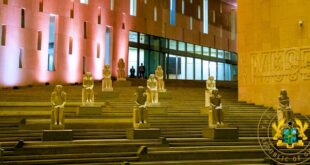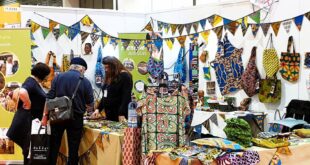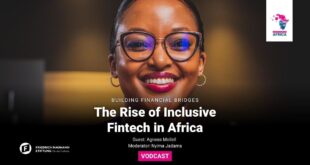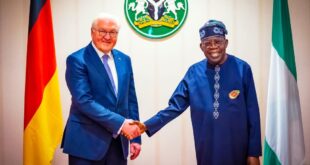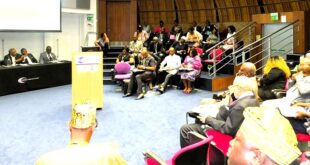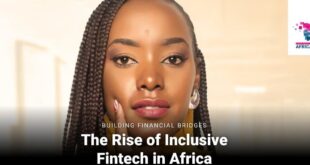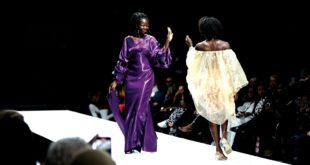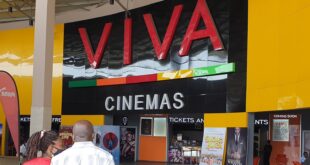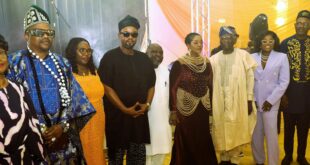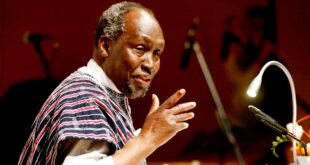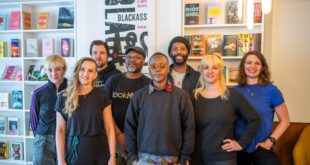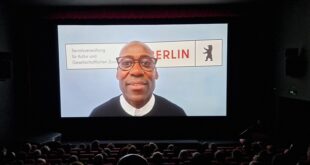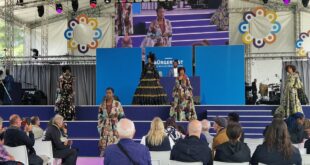A high-profile German delegation of companies in the film and creative sectors will visit Nigeria, from 3 – 7 November 2025, in a landmark initiative organised by the Delegation of German Industry and Commerce in Nigeria (AHK Nigeria) together with SBS Systems for Business. Backed by the German Federal Ministry for Economic Affairs and Energy (BMWE) under its Market Entry Programme, the trip aims to strengthen cultural, technological and business ties between Germany and Nigeria’s booming film industry.
What’s the Purpose of the Delegation Trip?
The delegation brings together established German companies — production studios, equipment manufacturers, post-production specialists, media-tech innovators — with a shared interest in long-term partnerships in Nigeria.
Key objectives include:
-
Business Partnering & Co-Productions: Identifying Nigerian collaborators — producers, studios, technical crews — for jointly financed and jointly created film projects. This can help share risks, distribute content across borders, and tap into both markets.
-
Technology and Innovation Transfer: Introducing German technical solutions: equipment, post-production tools, media-tech workflows, special effects or animation technologies. These innovations may enhance Nollywood’s production quality, efficiency, and global competitiveness.
-
Market Access & Distribution: Learning about international distribution networks, export opportunities, and business models, especially how Nigerian film content can reach global audiences and how German companies can find market niches in Nigeria
-
Networking & Dialogue: Facilitated meetings (B2B), receptions, and dialogue sessions will bring together creatives, government agencies, funders, industry associations from both countries. These are designed to build relationships, trust, and understanding.
Schedule & Key Events
The programme includes two main public sessions for the Nigerian film industry and German delegates:
| Date | Session | Description |
|---|---|---|
| Monday, 3 November 2025 | Welcome Reception (9:00 AM – 11:00 AM) | A warm networking event to launch the delegation’s visit—introductions, cultural exchange, getting to know each side’s creative ecosystem. |
| Friday, 7 November 2025 | Film Industry Dialogue & B2B Networking (10:00 AM – 12:00 PM) | A deeper dive: co-production and funding models; global market access; presentations of German film technology and solutions. Opportunities for one-on-one or small group B2B meetings. |
Participants are invited to register interest for one or both dates; organisers ask that interested parties provide name, organisation and role. Contact points are via AHK Nigeria
Why Nigeria? Why Germany?
For Germany / German Companies
-
Nigeria has one of the world’s largest and most productive film industries: Nollywood is globally recognised for its prolific output and enormously strong domestic market, and increasingly for its diaspora and streaming audience. German companies that bring innovation, technical expertise, and production capacity can find strong demand.
-
Market Entry support and export programs from the German government reduce risk and help with matchmaking, regulatory navigation, partner verification, and project financing. The BMWE’s Market Entry Programme, the Africa Business Network, and services via AHK are explicitly designed to help SMEs and creative firms scale abroad.
-
Opportunities for co-productions and content export are growing as streaming services, diaspora viewers and global interest in African stories increase. Technology companies (equipment, post-production, VFX, animation) can find markets unmet by local supply or looking for upgrade.
For Nigeria / Nigerian Industry
-
Access to German technical capacity, innovation and investment can help improve production values, skills, technology transfer and global competitiveness.
-
Co-production and partnerships may help Nigerian filmmakers reach international funding, new distribution channels and better monetisation models.
-
Dialogues with German firms also help in gaining exposure to new business models, especially in post-production, digital media, animation and media tech.
-
Government or regulatory bodies participating may build frameworks that facilitate smoother international collaborations, co-funding, and possibly incentives.
How Stakeholders Can Get Involved
If you are a filmmaker, producer, studio owner, media-tech innovator, actor, funding body or creative service provider in Nigeria or Germany, here are some ways to engage:
-
Register to attend one or both of the public sessions (Reception on Nov 3; Dialogue & B2B on Nov 7). Make sure to send in your name, organisation, and role. (Contacts: ukut@lagos-ahk.de, etc.)
-
Prepare or apply for collaboration proposals: if you have project ideas or scripts, consider which German company or technology partner might help. Think in terms of co-production, shared IP or technical delivery.
-
Showcase your work or capabilities: Nigerian companies can prepare portfolios, reels, or case studies to present to German delegates. German technology firms should bring clear information about cost, support, after-sales, training, etc.
-
Government or policy actors should participate to foster regulatory frameworks, potential incentives, co-funding, or facilitate visas, customs etc.
-
Funding & financial institutions can explore how to support joint funding mechanisms, co-investment in content, or credit facilities for tech/capital-intensive parts (studios, equipment).
What to Consider / How to Be Prepared
-
Understand legal & regulatory issues: copyright, co-production treaties, tax incentives, import duties on film equipment or technology.
-
Financing models: co-production, private investment, grants, international streaming platforms, pre-sales.
-
Technical capacity and cost structure: what level of production values is possible locally vs what needs import or collaboration.
-
Cultural and business practice differences: timeframes, negotiation styles, expectations re deliverables.
Additional Context & Why This Matters Now
-
Germany, through its export and foreign trade promotion policies (e.g. BMWE’s Market Entry Programme, the Africa Business Network), is increasingly focused on strengthening trade/investment ties with African creative industries.
-
Nigeria’s entertainment and creative sector is not just culturally significant but a major economic force: it generates revenue, employment and increasingly export earnings. International collaboration can help unlock further growth and professionalisation.
-
Advances in streaming, digital production, virtual/augmented reality, animation and post-production technology make it more feasible for high-quality production even outside traditional centers.
Conclusion
This delegation trip is more than just a business mission: it’s a strategic intersection of culture, creativity, technology and trade. For German companies, it offers access to a dynamic, growing market and opportunities for international content and collaboration. For Nigeria, it promises technical upgrades, new partnerships, access to global markets and potential for improvement in infrastructure, skills and funding models.
For readers in both countries, this is an invitation—to participate, to propose to collaborate, and to build new bridges. The time is ripe. The two film industries have much to offer one another.
Vivian Asamoah
![]()
For more information about the trip, contact:
Delegation of German Industry and Commerce in Nigeria (AHK Nigeria), TCF Tower, 33 Adeola Hopewell Street, Victoria Island, Lagos, Nigeria
Email: oladipo@lagos-ahk.de or ukut@lagos-ahk.de
 THE AFRICAN COURIER. Reporting Africa and its Diaspora! The African Courier is an international magazine published in Germany to report on Africa and the Diaspora African experience. The first issue of the bimonthly magazine appeared on the newsstands on 15 February 1998. The African Courier is a communication forum for European-African political, economic and cultural exchanges, and a voice for Africa in Europe.
THE AFRICAN COURIER. Reporting Africa and its Diaspora! The African Courier is an international magazine published in Germany to report on Africa and the Diaspora African experience. The first issue of the bimonthly magazine appeared on the newsstands on 15 February 1998. The African Courier is a communication forum for European-African political, economic and cultural exchanges, and a voice for Africa in Europe.

